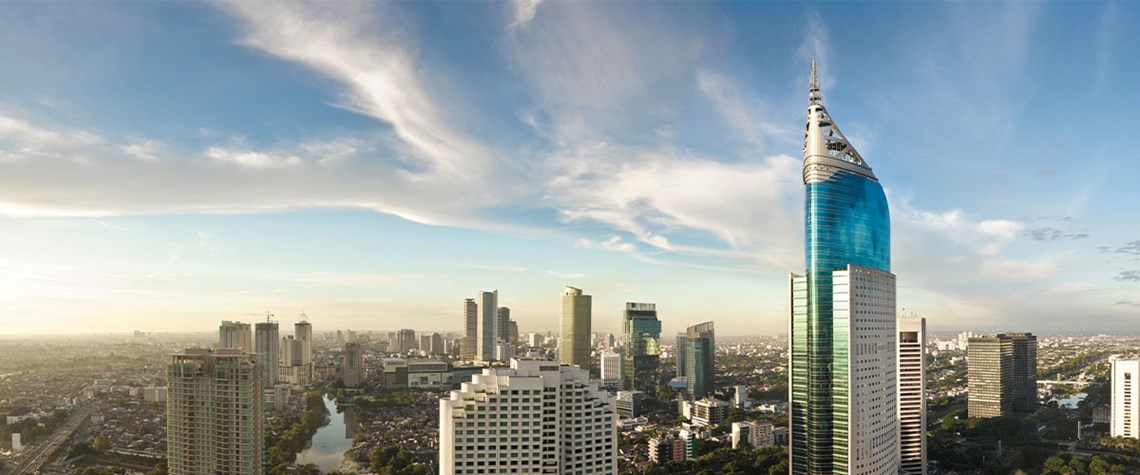Indonesia struggles to reverse upstream fortunes
Slow progress at flagship LNG projects and a lack of foreign interest in oil prospects are hampering the country’s production goals
Indonesia’s upstream has seen mostly negative news this year, with the flagship Abadi LNG development remaining stalled and new oil and gas capacity additions projected to fall short of government targets. But expansion works at Tangguh LNG have resumed, following what BP CEO Bernard Looney termed “severe impacts from Covid”. The addition of a third, 3.8mn t/yr train at Tangguh project has faced repeated delays. Looney told a recent earnings call that “we hope… to start up by the end of next year, but a lot depends on how Covid evolves”. The third train will boost the facility’s overall capacity to 11.4mn t/yr. 3.8mn t/yr – Tangguh Train 3 capacity The existing two trains are largely

Also in this section
26 February 2026
OPEC, upstream investors and refiners all face strategic shifts now the Asian behemoth is no longer the main engine of global oil demand growth
25 February 2026
Tech giants rather than oil majors could soon upend hydrocarbon markets, starting with North America
25 February 2026
Capex is concentrated in gas processing and LNG in the US, while in Canada the reverse is true
25 February 2026
The surge in demand for fuel and petrochemical products in Asia has led to significant expansion in refining and petrochemicals capacities, with India and China leading the way







